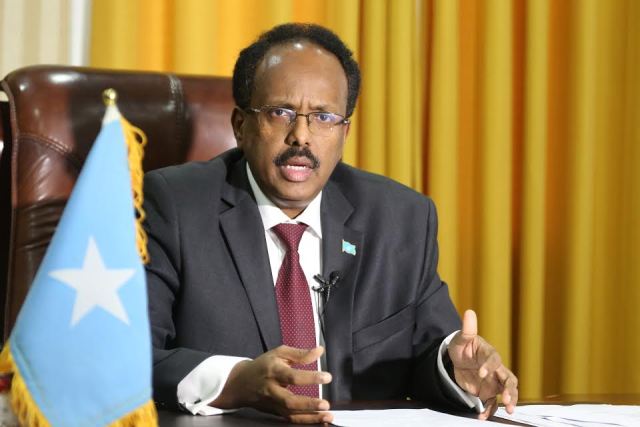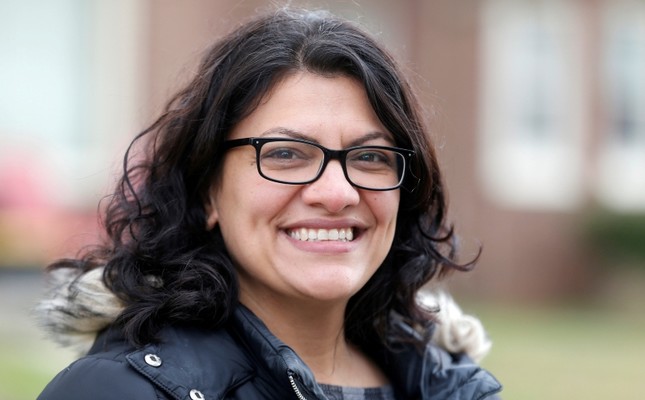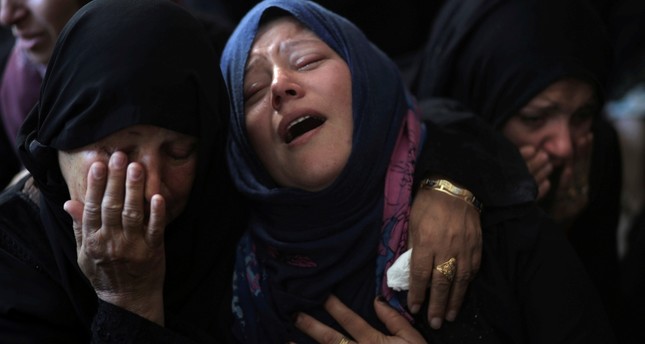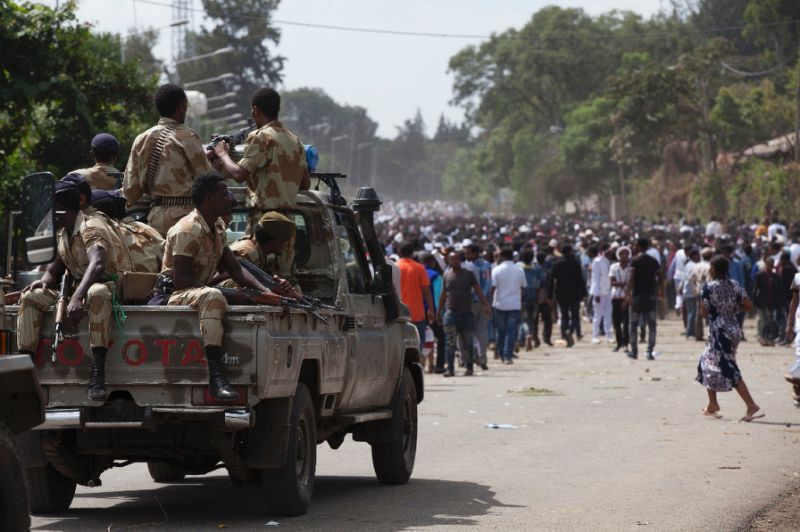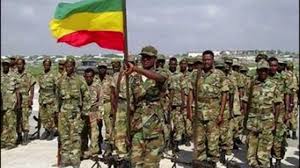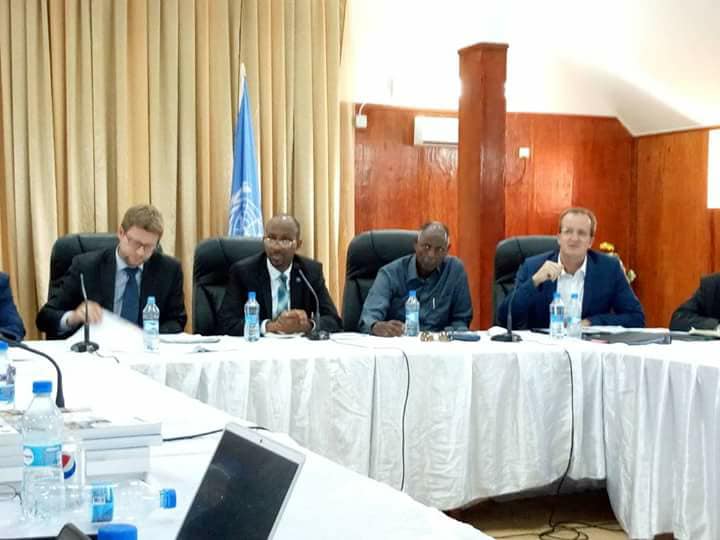The election of President Mohammed Abdullahi Mohammed Farmajo offers Somalia’s international partners a new opportunity to step up efforts for peace and stability.
Yet the hope of a stable Somalia may be short-lived if the mistrust felt by regional powers is not effectively addressed.
Mr Farmajo’s near-landslide election victory on February 8 is without parallel.
Although the eruptions of joy across the Somali-speaking Horn region and the shared jubilation of citizens and soldiers in Mogadishu is giving way to more sober assessments, the view that a seismic shift has occurred will be difficult to ignore.
This election ushers in a new dawn.
The London Conference on Somalia in early May offers an opportunity for renewed diplomatic engagement to ease regional anxieties.
Also, the national reconciliation talks aimed at healing deep wounds from the civil war that broke out in 1991 has stalled, and Mr Farmajo’s strong mandate may be what is needed to resuscitate them.
Although the indirect election was extremely corrupt, Somalis have completed a relatively credible poll and peaceful transfer of power.
Mr Farmajo’s cross-clan support is a rare demonstration of unity in the ethnically homogenous but clan-fractured country.
His mandate is vital for making critical progress in reconciliation, fighting corruption and finalising the constitution.
WINNING STRATEGY
A number of factors helped seal Mr Farmajo’s remarkable victory.
First, he tapped into a growing anti-Abgal (a Hawiye sub-clan) mood and a widely shared antipathy to its dominance.
The Hawiye sub-clan gave the country its first and the last two presidents.
Mr Farmajo’s victory was also helped by former President Hassan Sheikh’s decision to support the re-election of Mr Mohamed Osman Jawari of the Digil/Mirifle clan as parliamentary speaker.
This sly tactical move was intended to scupper Sharif Hassan Sheikh Adan’s presidential campaign, since it is an unwritten rule that the president and speaker cannot come from the same clan.
This fuelled Digil/Mirifle resentment, who voted against Mr Adan.
Second, Mr Farmajo is also liked in the diaspora and by youth.
Some 125 of the 283 MPs and senators are from the diaspora and 165 of them are below 35.
Also, 30 per cent of the newly elected MPs are affiliated with Islamist-leaning groups, including Salafi movements and the Muslim Brotherhood.
These were against the former president’s perceived closeness with Ethiopia.
Third, Mr Farmajo benefited from a huge wave of nationalistic fervour and a widely-shared perception he could be the right person to build a robust Somali National Army (SNA), speed up Amisom’s exit, stabilise security, curb interventions by neighbouring countries, and protect Somalia’s dignity and sovereignty.
EGYPT/ETHIOPIA CONFLICT
His immediate task will be to manage the high expectations that could trigger a serious public backlash.
The elections also highlighted the extent to which covert foreign funding of politicians fuelled clientelism allegations.
The Gulf Arab states and Turkey are alleged to have funded the top five presidential candidates.
Mr Farmajo will need to move with caution to navigate the worries of neighbours suspicious of his brand of politics.
Growing tensions between Egypt and Ethiopia (over Nile Waters, the Grand Renaissance Dam and South Sudan) could spill over and complicate matters.
The speed with which Cairo has moved to embrace the new president is bound to increase Ethiopia’s anxiety at the growing Arab influence in Somalia.
The resurgent nationalism that Mr Farmajo is said to embody is causing concern in Ethiopia.
Addis Ababa has a long history of intervention in its eastern neighbour.
In 2006, Ethiopia dislodged the popular Union of Islamic Court (UIC) government that enjoyed popularity and managed to restore peace during its six-month reign.
Addis saw the UIC’s anti-Ethiopian posturing in support of a “greater Somalia” that incorporates Somali-inhabited areas in neighbouring countries as a threat.
TERROR WAR
The election also marks the 10th anniversary of the African Union Mission in Somalia (Amisom).
The mission has helped to fight Al-Shabaab, delivered aid, and trained security forces.
Yet resource and management challenges hamper its peacekeeping capabilities.
The AU must tackle the dysfunction, national rivalries and frictions among the troop contributing countries — Uganda, Burundi, Kenya, Ethiopia and Djibouti.
Such tensions hinder Amisom’s military effectiveness, but a hasty pullout would be catastrophic for Somalia and the region.
Since Amisom’s deployment, Al-Shabaab has been significantly degraded but can continue destabilising the country.


